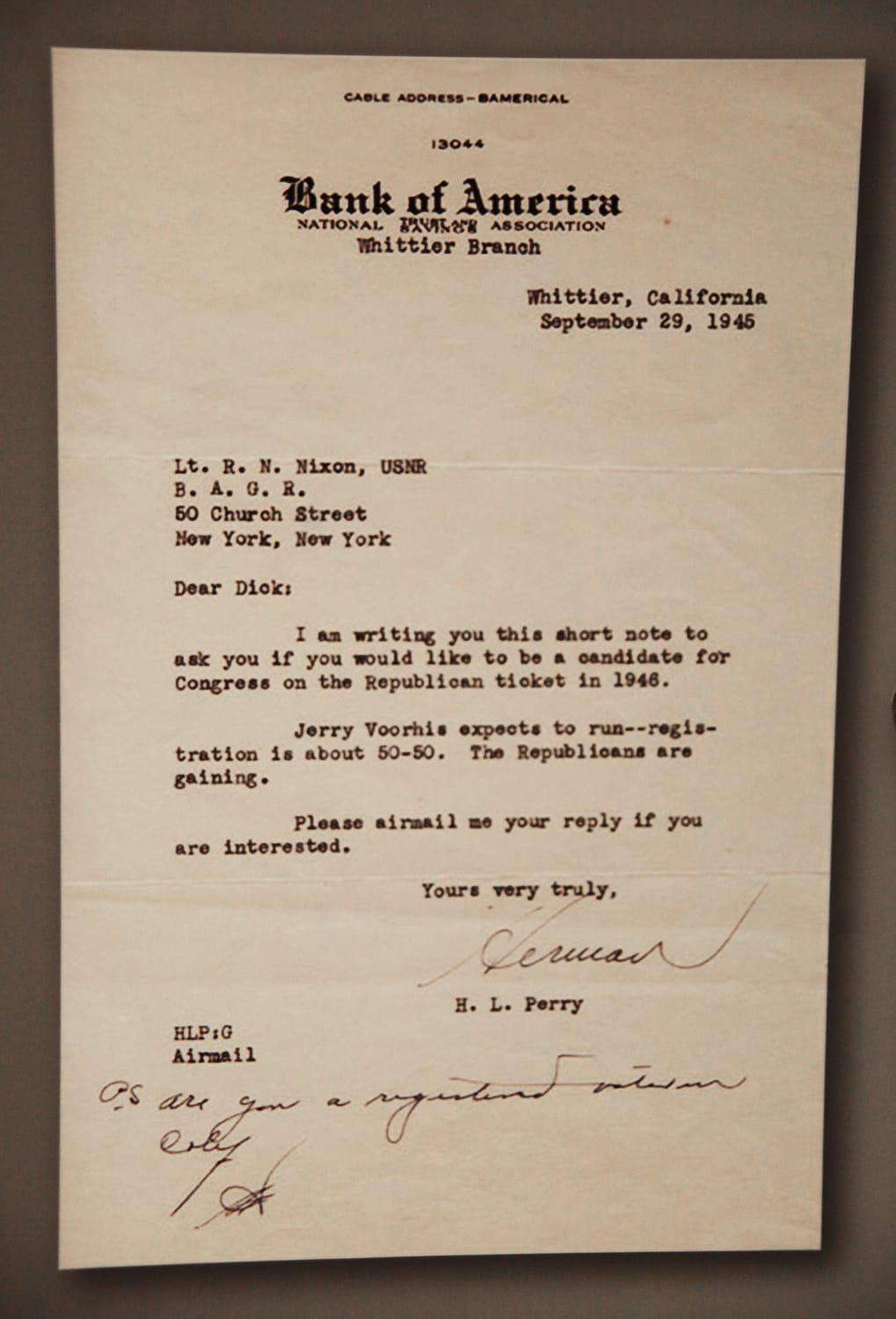The One Note That Can Change a Vote

Today, let's discuss some people who aren't household names, but who can tell us a lot about our role in democracy.
Mark Babin, a licensed pilot and minister, won northern Maine's rural House District 3 seat by 110 votes.
Down in the northeastern part of Kansas City, Bill Allen, a bassist in the classic rock band Basement Trash and Vice Chancellor at the University of Arkansas Grantham, won the House District 17 seat by 37 votes.
If we think those races are pretty small potatoes, Congress is passing 2% of bills. More and more issues - from firearms and reproductive rights to campaign finance and vehicle emissions standards - are being decided at statehouses by legislators like Representatives Allen and Babin.
In Dexter, Michigan, a librarian named Sanam Arab won a City Council Seat by 77 votes.
Charleston, South Carolina's Carolette Bailey, a Marine Corps Veteran and Sunday School teacher, won a School Board seat by 7 votes.
If we think these races are trivial, City Councils vote on property taxes, who can build what and where, and if that abandoned lot becomes a park or a parking lot. School Boards shape curriculum content, school safety, and student mental health services.
Of course, plenty of down-ballot races are won by far larger margins than these. But some aren't.
Down-ballot refers to the races that are listed further down on the physical ballot. Down-ballot generally includes local, state, and sometimes even Congressional races. What they never ever include is the Presidential election; that'll always be top of the ticket.
The elections of Mark Babin, Bill Allen, Sanam Arab, and Carolette Bailey tell a pretty super story about American democracy: showing up at the polls matters.
Showing up could be the difference between a state legislature that supports universal pre-K and one that doesn't.
Showing up could be the difference between a City Council that bans the sale of flavored tobacco products and one that doesn't.
Showing up could be the difference between a School Board that supports increased special education funding and one that doesn't.
With local races - many of which are non-partisan - a lot of folks don't vote or vote loosely based on what yard signs they've seen around their neighborhood.
Enter One Note That Could Change a Vote!
A few weeks before an election, I write up a friendly note for my pals and acquaintances in town that includes four things:
- The date of the election
- Link to find your polling location and hours
- Early voting dates, hours, location
- How I'm voting and why (and I'm working on making clear that how I'm voting isn't the best way to vote; it's just that: how I'm voting).
The first three items can be found on the town clerk section of your town's website (clerks usually oversee elections). The fourth can be found in the deep recesses of your heart.
If I want to take that email to the masterclass level, I'll add these three sweeteners:
- Why these races matter (click here for details on why state legislators matter and click here for a few details on why local legislators matter)
- What percentage of our town voted in the last election (you can usually find this on the town's website)
- A nearby town with a higher voter turnout
Never hurts to whip up a little competitive spirit to get folks to the polls.
I keep these emails short, with more white space than text, so if someone's scrolling on their phone, it's easy to digest.
I stay away from Chicken Little-ing, no "IN THE GREAT ARC OF HUMAN EXISTENCE, THIS WATER DISTRICT ELECTION SHALL NOT BE FORGOTTEN. DON'T YOU WANT TO BE ON THE RIGHT SIDE OF HISTORY?"
Folks have high enough blood pressure, enough fear in their lives. I want to make it as easy and meaningful as possible for them to vote.
If we think someone needs to be scared/alarmed/electric shocked into voting, that might be worth a one-on-one convo with them about why their vote is so dang important.
Let's say we email 7-10 people. And we encourage them to forward it to two folks. (And if this feels a bit chain email-y, why not lean into it and add in a favorite noodle recipe or inspiring Wadsworth quote and encourage others to do the same.)
That could add up to the 7 votes that got School Board Member Bailey elected or the 37 votes that got Representative Allen elected. Or even the 110 votes that got Mark Babin into the statehouse.
Only 20% of folks can name their state legislators. The numbers may be higher for local electeds, but still, a whole lots of folks are voting blind on Election Day. Or not voting at all. Your email could change that. Why not give it a shot?
